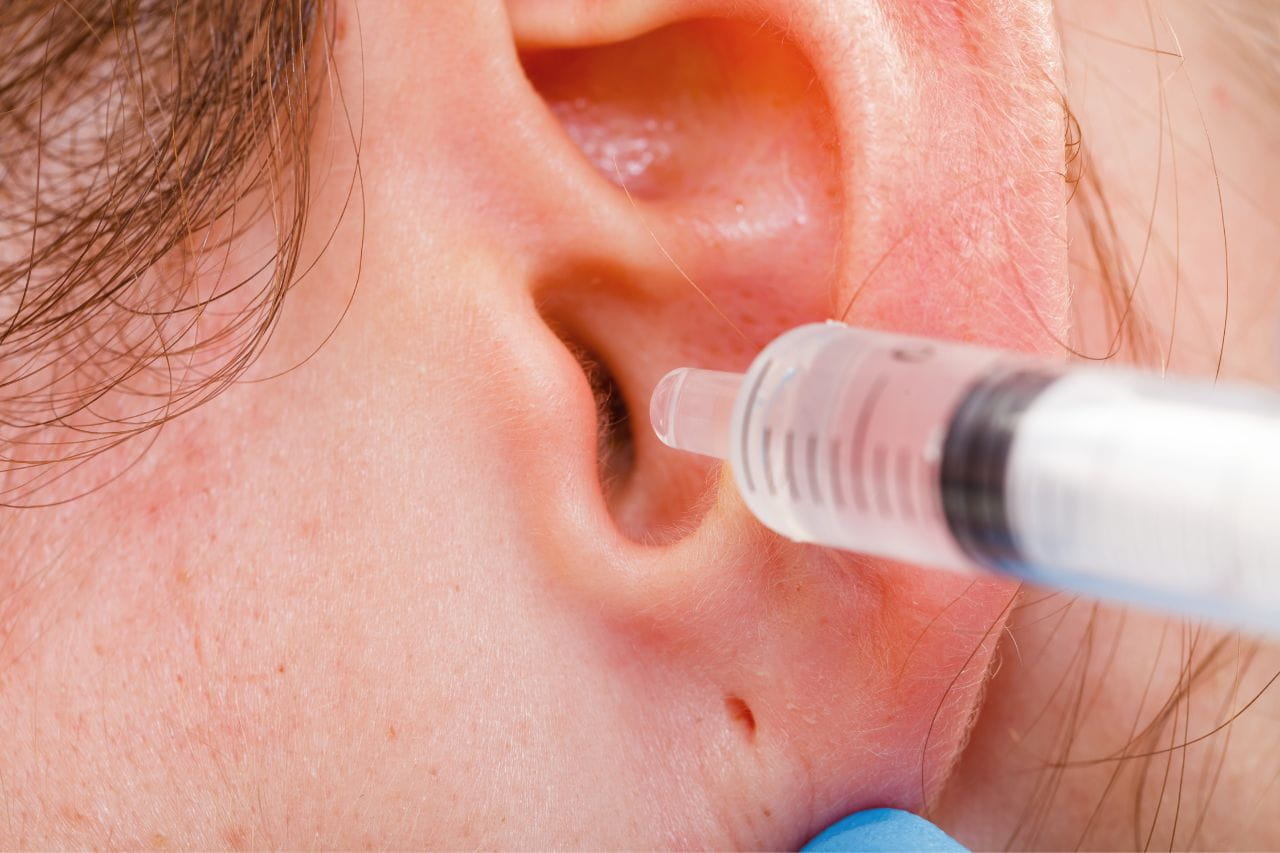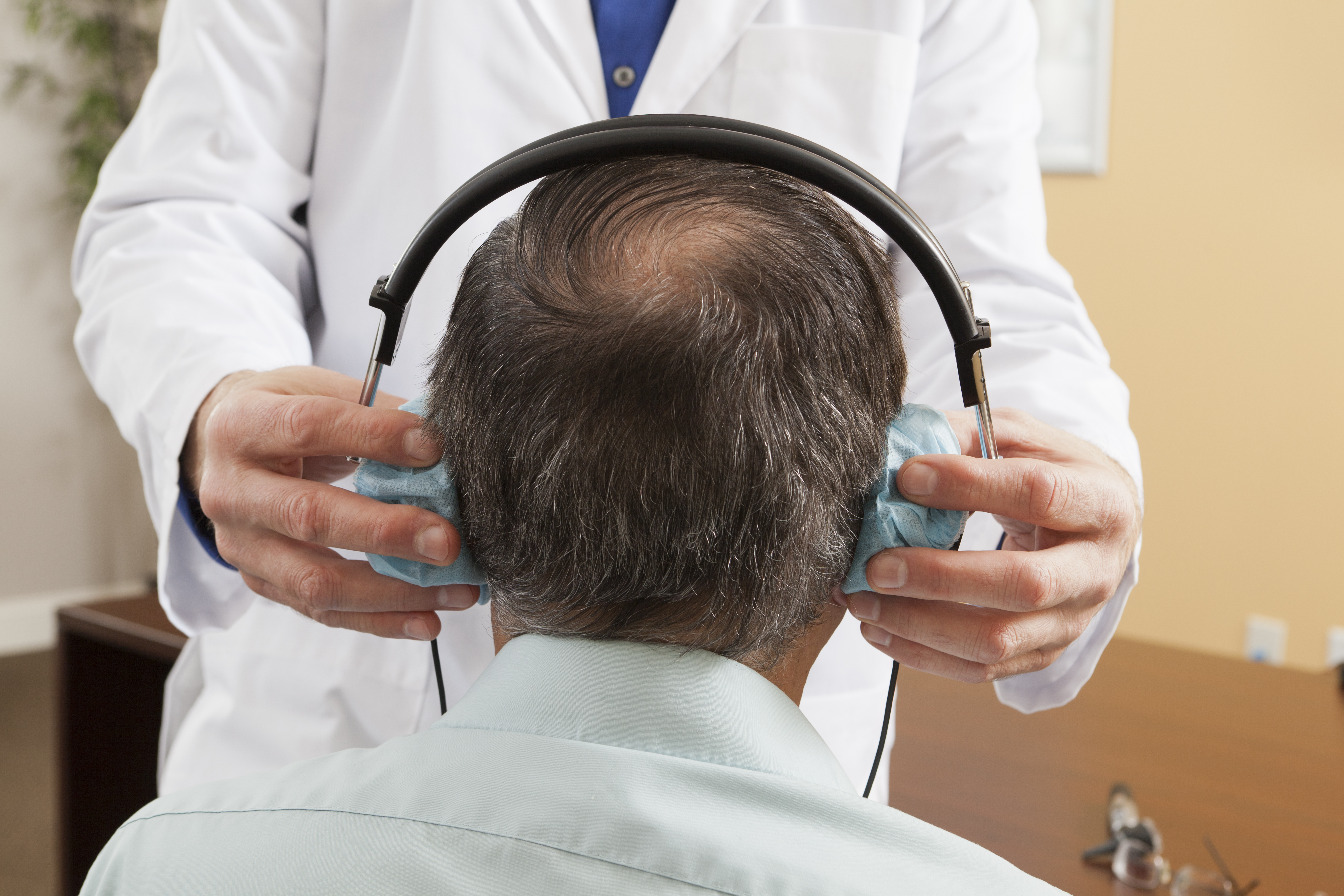What to Expect During Genetic Testing for Hearing Loss
.jpg?rev=961076c017bd4e3e8f2a50b0734a60b3)
What Is Genetic Hearing Loss?
Hearing loss affects people in various ways, from diminishing their quality of life to creating significant life challenges. When a doctor diagnoses someone with hearing loss, loved ones may wonder, “Is deafness genetic?”
The answer is that it can be. In kids specifically, over half of hearing loss diagnosed in early childhood is due to genetics. If someone in your family has hereditary hearing loss or is deaf, genetic testing may be recommended.
Genetic testing for hearing loss helps doctors and families understand the cause and decide how best to address the challenge.
How Is Genetic Testing Done for Hearing Loss?
Genetic testing for hearing loss starts with collecting genetic material from the person. The three ways a technician can do that are:
- Take a blood sample from the patient.
- Gather cheek cells using a swab.
- Collect the person’s saliva.
Doctors prefer a blood sample, as material collected in other ways can be unstable and might be unusable, requiring a second procedure.
Some of the types of genetic testing for hearing loss that can be conducted include single-gene testing (assessing one gene at a time), genetic panel tests (evaluating several genes at once), microarray tests (a detailed look at chromosomes), whole exome sequencing (examining genes actively involved in protein production), and whole genome sequencing (assessing genes and the DNA between them).
How Do I Read the Genetic Hearing Loss Test Results?
Hearing loss genetic testing is often completed using what’s called next-generation sequencing. NGS analyzes genetic material by sequencing DNA or RNA to assess genomes or targeted regions.
Your doctor will review the test results and explain them to you. In some cases, additional testing may be required to isolate the cause of genetic hearing disorders further.
How Much Does a Genetic Test for Hearing Loss Cost?
The cost of genetic testing is affected by multiple factors, including the type of testing performed, lab fees, and others. Hearing loss genetic testing is covered by some insurance plans. Your insurer can help you understand if you have coverage and, if so, whether you’ll still have out-of-pocket expenses.
What Is the Turnaround Time for Results?
Genetic testing for hearing loss is simple from the patient’s perspective, requiring only a blood test or cheek swab to get started. However, producing the results takes time. Turnaround varies by the type of testing and the provider, but 2 to 4 weeks is common.
Why Is Genetic Hearing Loss Testing Important?
Genetic testing for deafness can answer a common question from patients and their families: “Is this hearing loss hereditary?” Hereditary hearing loss in adults and children does occur, and testing can help identify the specific cause.
Understanding genetic hearing loss and genetic hearing disorders helps people determine the best way to address their condition, such as using hearing aids for hearing loss or implementing lifestyle changes that make it easier to manage deafness.
Learn more about Baptist Health’s audiology services.



.jpg?rev=0037cb00980a4b5ebb00750849d9cde6)